The French Revolution, taking place in the 18th century, served as an important catalyst for the transformation of Europe to the modern shape that it has taken today. It helped set the stage for new empires to rise and new powers to take the reins. The royalty’s failing policy of ruling gave birth to the idea of the revolution with the principles of liberty, equality, and fraternity as its pillars. The leader championing the revolution after 1789 was none other than the hero of France, Napoleon Bonaparte.
The concept at the heart of the French Revolution was simple: remove the royalty and make a council to lead and organise the masses.
Revolutions often begin due to certain specific factors. In the case of France, it was the poor condition of the people and their rights that had been undermined for centuries, leading to the suppression of the masses.
What followed is history. Mobs marched onto the Bastille and sparked the fire of change that engulfed the entirety of Paris in no time. The King and the Queen were beheaded publicly, and the people rejoiced over their victory. A consulate was made to rule the people, made in accordance with the will of the people. The nation had been liberated, or so they had thought. In the coming months, tyranny followed, as a few men with power in the consulate began disposing of everyone who opposed them. The issue of bread had not been resolved, and the common man was still hungry on the streets.

Such was the result of the chaotic revolution until Napoleon initiated the ‘coup of 18 Brumaire.’ Napoleon abolished the consulate forcefully and made an altered body to rule the people, of which he himself was the first consul. The tyranny of the revolutionists ended, and the streets of Paris rejoiced under a new ruler. The ‘Napoleonic Code,’ as is discussed in history, was the result of the demands of French people.
Napoleon Bonaparte, the subject of our interest, was the ruler of France, and his legacy exists even today. The man had ambition and resolve, with which he transformed the state of France. New laws and strategic wars enabled France to rise from a small European power to a nation dominating the empires of Russia and Spain. After some time, Napoleon himself had to resign and leave the crown for someone else. It is remarkable that a man like Napoleon, born a Corsican, rose from the rank of a lieutenant to the esteemed title of emperor over the span of some years.
His military career began when he was commissioned as an officer in the army. By 1785, he was posted in mainland France, where his journey took flight. Actively supporting the cause of the revolution, Napoleon highlighted himself quite early, and his expeditions mark Syria, Egypt, and Italy. By the time he abdicated in 1814, he had set ablaze half of Europe.
But the irony of Napoleon flashes at the scene that a man who once stood for the right of equality, a decade later, stood firm on the stance that he was the rightful emperor of France. A man who was against the oppression of people was the one now imposing his own rules.
It takes charisma and leadership at the peak to cultivate loyalty. But at the very core was the fire of ambition that led the man forward. His soldiers followed him even when death was certain. When Napoleon returned from his exile to begin his last 100-day rule, an army was sent under a general to deal with him by the new king. That very same army rallied under Napoleon and helped him secure his throne again in Paris. The British and the Prussians had united and waged war on Napoleon, clearly stating that France was not their direct target, but it was Napoleon only. If Napoleon were removed, they would cease hostilities.
The French did not betray Napoleon, but they betrayed the principles of the revolution. It is evident that when people are desperate, they would cling to anything that they can consider their hope. Sometimes it’s the right path, and other times, it’s people like Napoleon and Hitler who seek their ambitions. Whether Napoleon was a good leader or a tyrant, that’s not the anomaly. As mentioned before, what fascinates us is how the people desperately cling onto Napoleon. The idea for a selected number of people to rule is quite similar to ours of modern democracy. Its implementation was not up to the mark, and so to achieve their satisfaction, they give in to the words of a dictator. War was waged for several years. Thousands died in the siege of Moscow, and thousands more suffered on the streets.
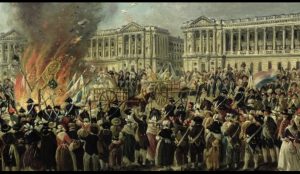
Historically, there are different events where chaos has fuelled both opportunity and destruction. Without a doubt, some revolutions have succeeded and brought peace, but most have led to the fall of the people because of their immature leaders. And what would seem more relatable would be the history of Pakistan. And how the people have always spoken of revolution and change, and yet always they’ve ended up in one mess or the other. Perhaps revolutions are not the so-called struggle for peace but rather a false flame of hope leading us further down an abyss. Or maybe we as humans have gone towards it in a wrong manner. Perhaps we need to correct our approach. Whatever the case is, the people have their own fate in hand, and it is them who are responsible for their futures.






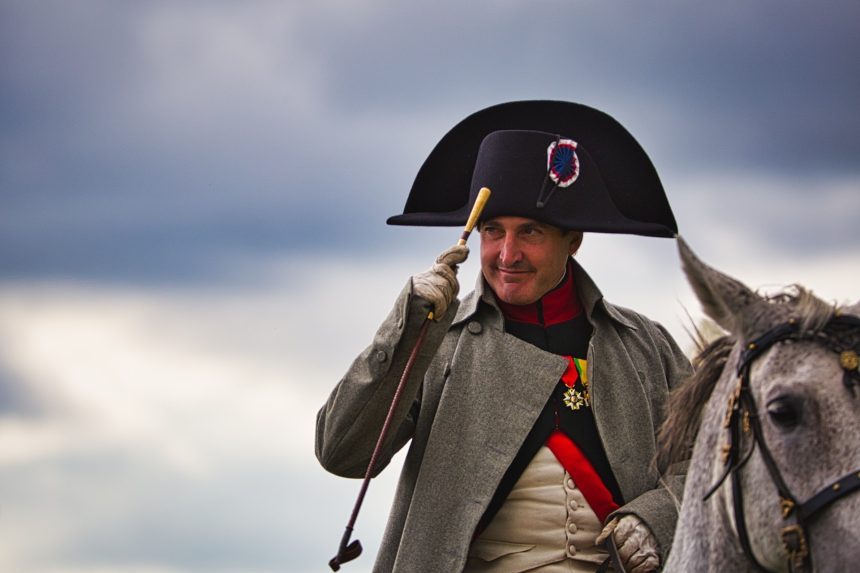
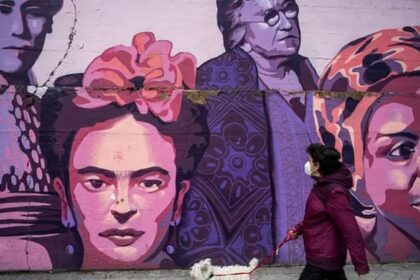




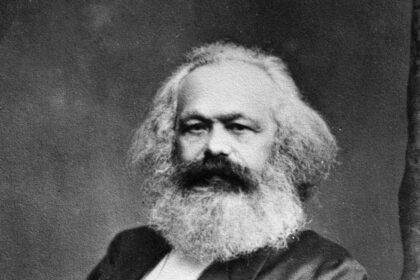

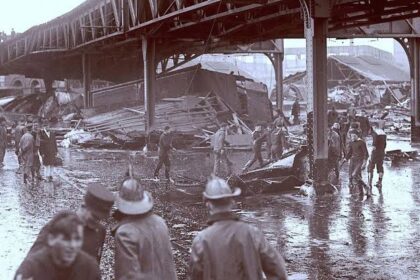


Brilliantly concise and very well structured. It depicts that the author is well-versed in the subject.